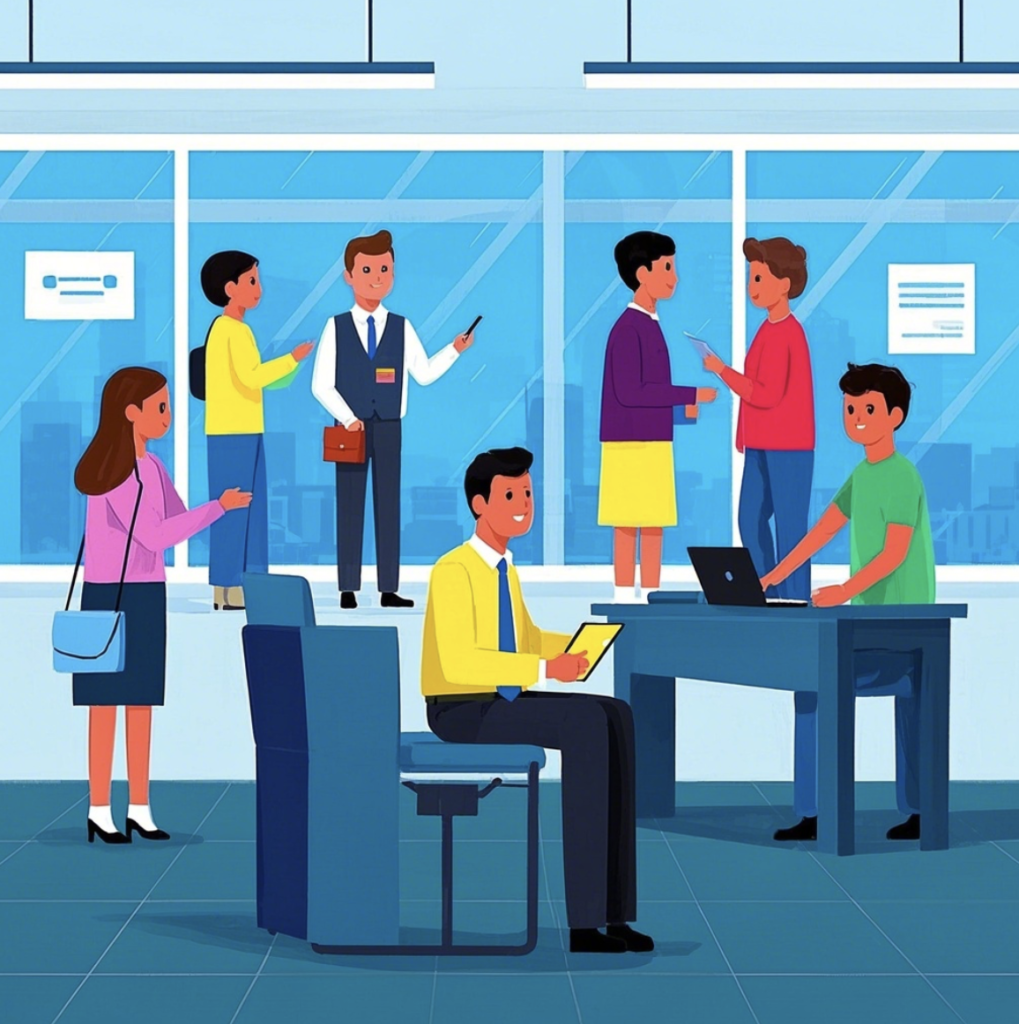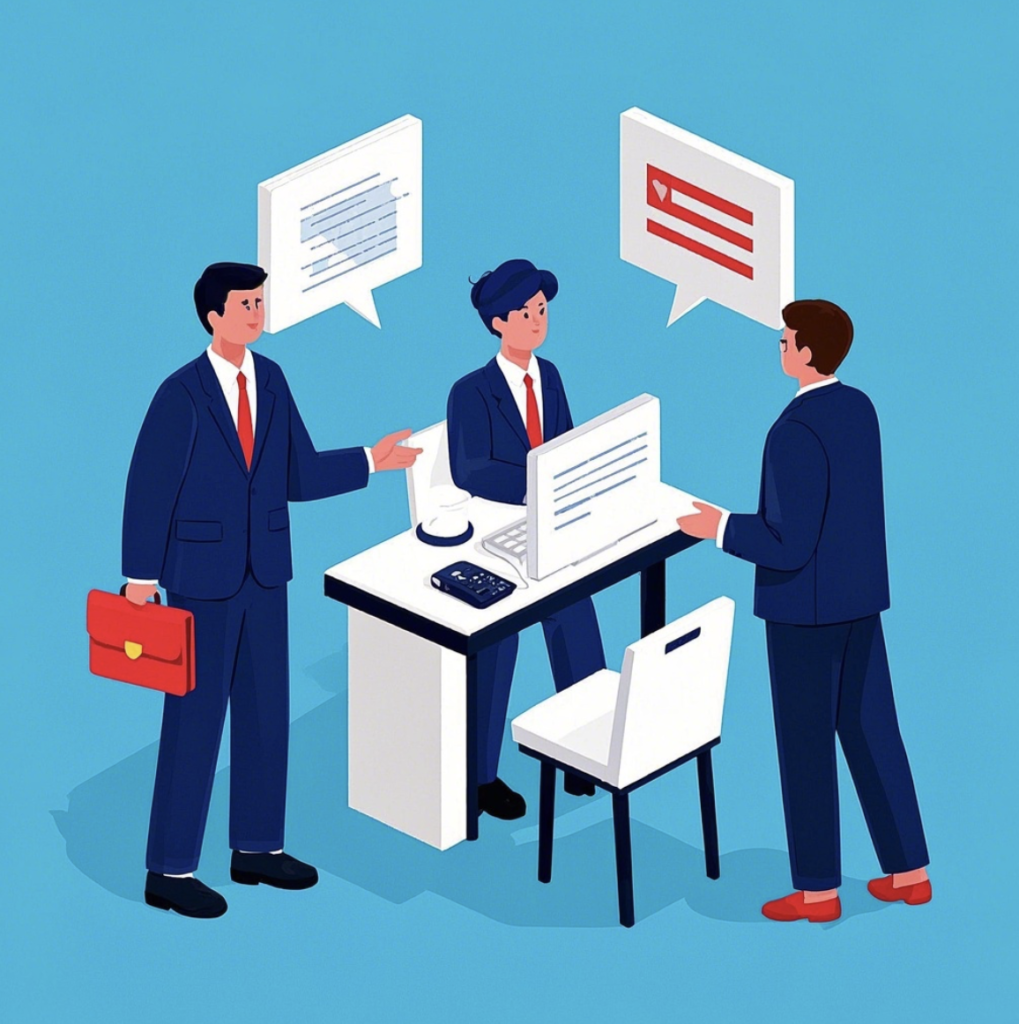In 2025, the landscape is more complex and demanding than ever. Businesses are recognizing that exceptional customer service isn’t just a “nice-to-have” – it’s a necessity for survival and growth. This complete guide dives deep into B2B customer service outsourcing, providing you with the knowledge and insights you need to make informed decisions for your company.

Why Consider B2B Customer Service Outsourcing in 2025?
The pressure to deliver prompt, knowledgeable, and multi-channel support is immense. I’ve seen many companies struggle to maintain this level of service in-house, facing challenges with staffing, technology, and 24/7 availability. Outsourcing offers a compelling solution. Here’s why:
- Cost Savings: Outsourcing often reduces operational costs associated with salaries, benefits, training, and infrastructure.
- Access to Expertise: Specialized outsourcing providers bring a wealth of experience and best practices to the table. They’ve seen it all and can often anticipate and solve problems more efficiently.
- Scalability: Outsourcing allows you to quickly scale your customer service operations up or down based on demand, without the headaches of hiring and training.
- Focus on Core Competencies: By offloading customer service, your internal team can focus on their core strengths and strategic initiatives.
- 24/7/365 Support: Many providers offer round-the-clock support, ensuring your customers receive assistance whenever they need it, regardless of time zone.
- Improved Customer Satisfaction: Many outsourcing providers are experts at improving service metrics, such as CSAT, NPS and customer lifetime value.
What is B2B Customer Service Outsourcing?
B2B Customer Service Outsourcing refers to the practice of hiring a third-party service provider to handle customer support operations for business-to-business (B2B) companies. This model allows businesses to delegate tasks such as handling inquiries, resolving issues, managing accounts, and providing technical support to specialized external teams.
How Many Types of B2B Customer Service Outsourcing?
- Inbound Support: Handling customer inquiries via phone, email, or chat.
- Outbound Support: Proactive customer outreach for follow-ups, surveys, or upselling.
- Technical Support: Assisting with product or service-related issues.
- Account Management: Managing client accounts, renewals, and onboarding.
- Order Processing: Handling purchase orders, tracking shipments, and managing returns.
How to Successfully Outsource Your B2B Customer Service?
Define Your Needs and Objectives
- Clearly outline your customer service requirements, including the types of support you need (e.g., email, phone, chat), the volume of inquiries, and your desired service levels. Set specific, measurable, achievable, relevant, and time-bound (SMART) goals for your outsourcing partnership.
Choose the Right Partner
- Thoroughly vet potential outsourcing providers. Look for a partner with experience in your industry, a proven track record of success, and a strong understanding of B2B customer service best practices. Consider factors like communication, cultural compatibility, and technological capabilities.
Establish Clear Communication and Processes
- Establish clear communication channels and protocols with your outsourcing partner. Provide comprehensive training on your products, services, and brand values. Implement robust quality assurance processes to monitor performance and ensure consistent service delivery.
Protect Your Data and Security
- Ensure your outsourcing partner has strong data security measures in place. Require a non-disclosure agreement (NDA) to protect confidential business information.
Track Performance and Measure Results
- Regularly monitor key performance indicators (KPIs) such as customer satisfaction (CSAT), net promoter score (NPS), resolution time, and first contact resolution rate. Use this data to identify areas for improvement and optimize your outsourcing strategy.

Differences Between B2B and B2C Customer Service
Definitions Between B2B and B2C
- B2B (Business-to-Business): Involves transactions between two businesses. For example, a software company selling its CRM platform to another company.
- B2C (Business-to-Consumer): Involves transactions between a business and an individual consumer. For example, a retailer selling clothing directly to a customer.
Differences Between B2B and B2C
Relationship Dynamics and Complexity
- B2B: Relationships are typically long-term, built on trust and ongoing partnerships. The sales cycle is often longer and more complex, involving multiple stakeholders and decision-makers. Customer service focuses on building strong, personalized relationships with key contacts within the client organization.
- B2C:Relationships are often transactional and shorter-term. While customer loyalty is valuable, the focus is often on efficiency and resolving individual issues quickly. Customer service interactions are typically one-on-one and less complex.
Communication Style and Channels
- B2B: Communication tends to be more formal, professional, and focused on detailed information and technical specifications. Preferred channels often include email, phone calls, video conferencing, and dedicated account management portals.
- B2C: Communication is often more informal and personalized, focusing on ease of use and quick solutions. Preferred channels include live chat, social media, email, and phone support.
Support Needs and Expectations
- B2B: Customers often require in-depth technical support, onboarding assistance, and ongoing training. They expect proactive communication, personalized solutions, and a dedicated account manager who understands their specific business needs. Service Level Agreements (SLAs) are common, outlining specific response and resolution times.
- B2C: Customers typically need help with product usage, order inquiries, returns, and billing issues. They expect fast, efficient service and easy-to-understand solutions. Self-service options, such as FAQs and knowledge bases, are highly valued.
Impact of Customer Service on Revenue
- B2B: The impact of customer service on revenue is significant. Retaining a single B2B customer can be extremely valuable due to the higher volume and long-term nature of contracts. Excellent customer service leads to increased customer lifetime value (CLV) and positive word-of-mouth referrals.
- B2C: While customer service is important for brand reputation and repeat business, the impact of a single interaction on revenue is typically smaller. However, a large volume of negative experiences can significantly damage a brand’s image.
Metrics and Measurement
- B2B: Key metrics often include customer retention rate, customer lifetime value (CLV), Net Promoter Score (NPS), customer satisfaction (CSAT) scores, and adherence to SLAs.
- B2C: Key metrics often include customer satisfaction (CSAT) scores, Net Promoter Score (NPS), first contact resolution rate, average resolution time, and customer effort score (CES).
How Technology Plays a Key Role in B2B Customer Service?
Improved Efficiency and Speed
Technology streamlines B2B customer service operations significantly. Think about the days before widespread CRM (Customer Relationship Management) systems. Information was scattered, response times were slow, and tracking interactions was a nightmare. Now, with platforms like those mentioned by Salesforce in their reports on AI’s impact, we can centralize data, automate routine tasks, and prioritize urgent requests.
Key Technologies:
- CRM Systems: These provide a single source of truth for all customer interactions, allowing support teams to access complete histories and tailor their responses.
- Ticketing Systems: Automated ticketing helps organize and prioritize support requests, ensuring no inquiry falls through the cracks.
- Automation Tools: These handle repetitive tasks like sending confirmation emails, assigning tickets, and providing basic information, freeing up human agents for more complex issues.

Enhanced Communication and Responsiveness
Effective B2B customer service hinges on clear and timely communication. Technology provides multiple channels for interaction, catering to diverse client preferences. Communication highlights as a critical element, and technology makes it easier than ever.
Key Technologies:
- Live Chat: Provides instant support and allows for quick resolution of simple queries.
- Email Automation: Enables personalized email sequences for onboarding, support updates, and issue resolution.
- Chatbots: AI-powered chatbots, as discussed in the Chat360 article, are increasingly capable of handling routine inquiries and providing 24/7 support. Forbes also highlights the growing importance of AI in B2B customer service.
- Video Conferencing: Facilitates face-to-face interactions for complex issue resolution and relationship building.




